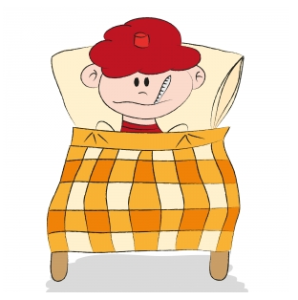 Many of us use herbs to help our health, but we don’t often think to give them to our children. They can benefit from them just as much as we can, and there are herbs that are specifically indicated for kids.
Many of us use herbs to help our health, but we don’t often think to give them to our children. They can benefit from them just as much as we can, and there are herbs that are specifically indicated for kids.
Our children are under more stress than we were, and in addition to the usual growing pains, they have challenges we didn’t. Online bullying, more competition in school and in sports, and the constant bombardment of electronics and technology equal stressed-out children. They don’t have the years of self-regulation and experience in stress reduction like we have, so they need our help.
Response to stress can impact a child or teen’s entire life, and herbal supplements help relieve stress. We endorse Gaia products, and here is a partial list of individual herbs we have found effective.
Catnip calms stress and helps the body get rid of infection by increasing perspiration. It also helps sour stomach.
Passionflower helps with troubled sleep and anxiety, especially in teens and young adults.
For children over the age of 3, valerian soothes nervous tension and relieves insomnia.
For the child whose attention wanders, lemon balm helps maintain focus and calmness.
If stress irritability is your child or teenager’s issue, try chamomile. It also soothes upset tummies.
The correct herb can make a tremendous difference in your child’s life, and they’re even more effective if you feel your child a good diet, with a nutritious breakfast and no caffeine. Children and teens drink Starbucks at a rate that horrifies me, frankly. They shouldn’t need it if they’re eating and sleeping properly and using herbs.
Here are a few specific brain boosters your child needs to get from diet or supplements. Aim to get them from food most days.
Omega-3 fatty acids: Fish, avocado, and nuts
Antioxidants: Fruit, nuts, and beans.
Protein: Organic eggs, poultry, beans, and fish.
Choline: Eggs.
Iron: Meats and spinach
Sugar is not a necessary part of your child’s diet. Neither is fast food.
Avoid these foods and ingredients as much as possible:
HFCS (high fructose corn syrup)
Artificial sweeteners, preservatives, coloring, and anything you cannot pronounce
Soda pop, fruit juice (too much sugar!)
Hydrogenated oils
Refined carbohydrates such as candies, cookies, white pasta, and white rice
Most foods in a box.
The closer to a food’s natural state, the better. Try eating real food for two weeks, along with giving your child the herb(s) that will help his or her specific issues. You’ll be amazed at the change!
For more on kids’ herbs and a balanced diet, contact our pediatrictian for a consultation.

